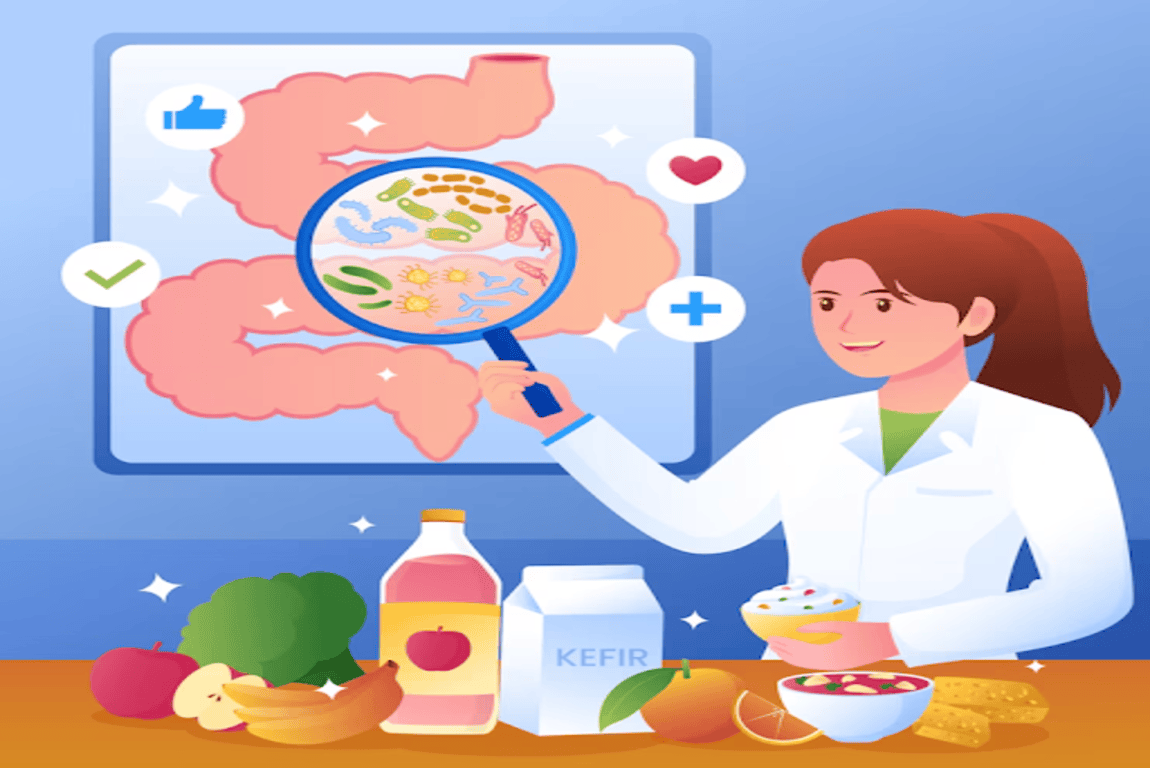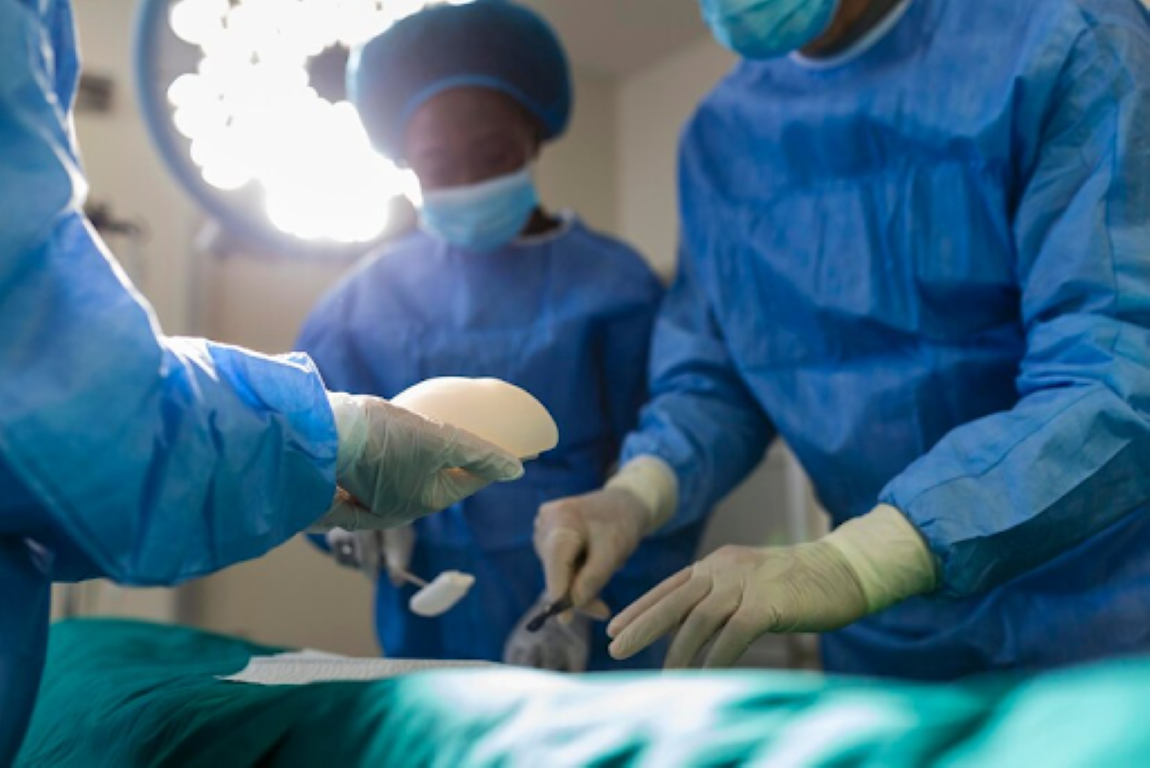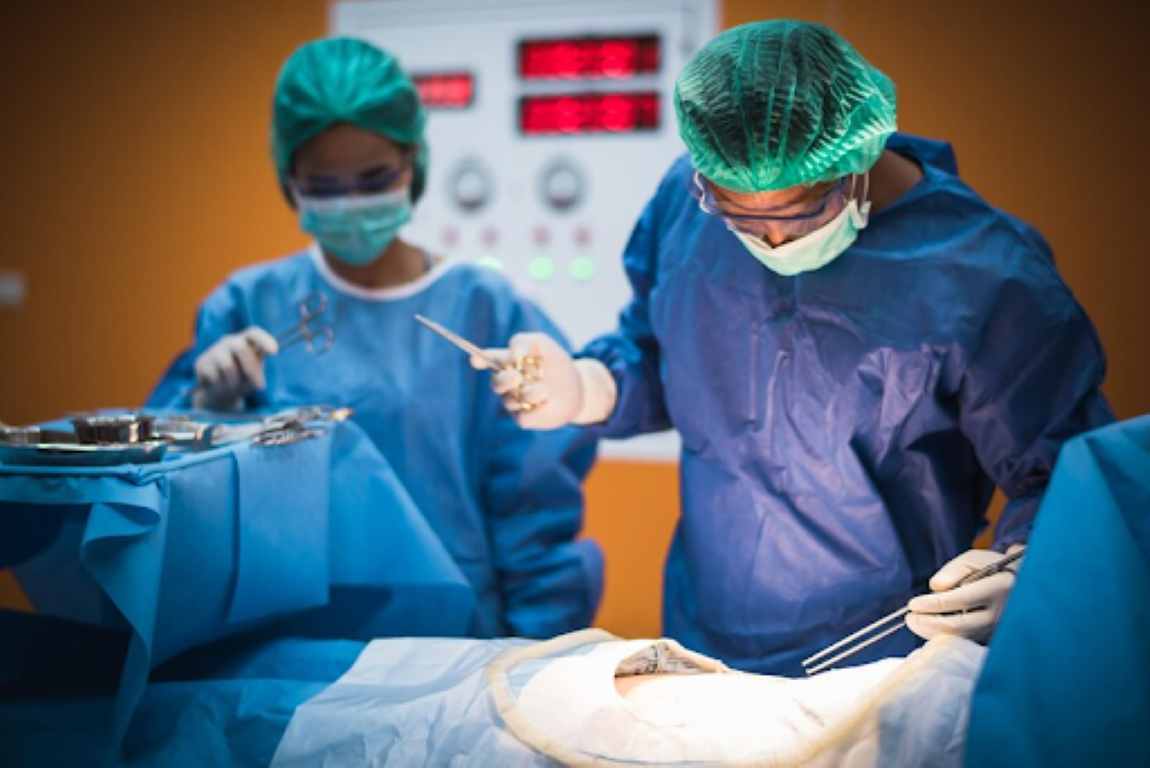Laparoscopic sleeve gastrectomy is a popular weight-loss surgery. It helps patients reduce their weight by making significant changes to their stomach. This procedure involves removing a large portion of the stomach, leaving a small sleeve-like structure. After this surgery, patients need to make important dietary changes to achieve their weight loss goals and maintain a healthy lifestyle.
Here, we will discuss the diet changes after laparoscopic sleeve gastrectomy and how to adapt to a new way of eating.
Why Diet Matters After Laparoscopic Sleeve Gastrectomy
After laparoscopic sleeve gastrectomy, your stomach can only hold a small amount of food. This means that the foods you choose to eat become more important than ever. A healthy diet will help you recover from surgery, prevent complications, and ensure that you get the nutrients you need.
Adopting a proper diet after surgery can help you lose weight effectively and maintain your progress over time. A balanced diet will also reduce the risk of developing nutritional deficiencies.
Phases of Diet After Surgery
Your diet will change in phases after laparoscopic sleeve gastrectomy. Here are the typical stages:
1. Clear Liquid Phase
This phase lasts for about 1-2 days after surgery. Your body needs time to heal, and clear liquids will be easier to digest. Some options include:
- Water
- Broth
- Herbal tea
- Green tea
- Apple juice
- Clear soups
- Coconut water
During this phase, it’s essential to stay hydrated. Aim for at least 80 to 100 ml of clear liquids every hour.
2. Full Liquid Phase
After the clear liquid phase, you will move to a full liquid diet for about 2 weeks. You can introduce thicker liquids, such as:
- Protein shakes
- Smoothies
- Vegetable and cheicken soups (strained)
- Dals
- Milk shakes
Make sure these liquids are low in sugar and high in protein. This phase helps you gradually adjust to more solid foods while still being gentle on your stomach.
3. Pureed Foods Phase
This phase usually lasts for about 2-4 weeks. You can start eating pureed foods. These foods should have a smooth texture and be easy to swallow. Some examples include:
- Mashed potatoes
- Pureed fruits and vegetables
- Yogurt
- Khichdi
During this time, continue to focus on protein-rich foods. It’s important to avoid foods with added sugars or high fat.
4. Soft Foods Phase
After pureed foods, you will transition to soft foods for about 4-6 weeks. At this stage, you can include:
- Soft-cooked vegetables
- Eggs
- Fish
- Ground meats
Chew your food thoroughly and eat slowly. This will help prevent discomfort and ensure proper digestion.
5. Regular Diet Phase
Once you are comfortable with soft foods, you can start to introduce regular foods into your diet. This phase begins about 6-8 weeks after surgery. Focus on a balanced diet that includes:
- Lean proteins (chicken, turkey, fish, legumes)
- Whole grains (quinoa, brown rice, oats)
- Fruits and vegetables
- Healthy fats (avocado, nuts, olive oil)
Avoid high-calorie, low-nutrient foods. These include sugary snacks, fried foods, and processed items.
Important Dietary Tips After Laparoscopic Sleeve Gastrectomy
Making dietary changes after laparoscopic sleeve gastrectomy is crucial for your success. Here are some essential tips to follow:
Prioritize Protein:
Aim to include a source of protein in every meal. This will help you feel full and support muscle health.
Stay Hydrated:
Drink plenty of water throughout the day. Aim for at least 2 to 2.5 liters of water per day. Avoid drinking liquids during meals, as this can fill your stomach and make it harder to eat.
Eat Smaller Portions:
Your new stomach can only hold a small amount of food. Listen to your body and stop eating when you feel full.
Chew Your Food:
Take your time to chew your food thoroughly. This will help with digestion and make it easier for your body to absorb nutrients.
Avoid Carbonated Drinks:
Carbonated beverages can cause discomfort and bloating. Stick to still water or non-carbonated drinks.
Monitor Your Vitamins:
After surgery, you may need to take vitamin and mineral supplements. Consult your healthcare provider for recommendations.
Plan Your Meals:
Preparing meals in advance can help you stick to your diet guidelines. Make sure you have healthy options readily available.
Take the Next Step Toward a Healthier You!
Eating the proper diet after laparoscopic sleeve gastrectomy plays a key role in losing weight and keeping yourself healthy. Knowing the different stages of your diet and picking foods will help you succeed.
If you’re thinking about laparoscopic sleeve gastrectomy or you’ve just had the surgery, you need to get the right advice. Dr. Aparna Govil Bhasker, the best bariatric surgeon, can provide expert guidance tailored to your specific situation.





